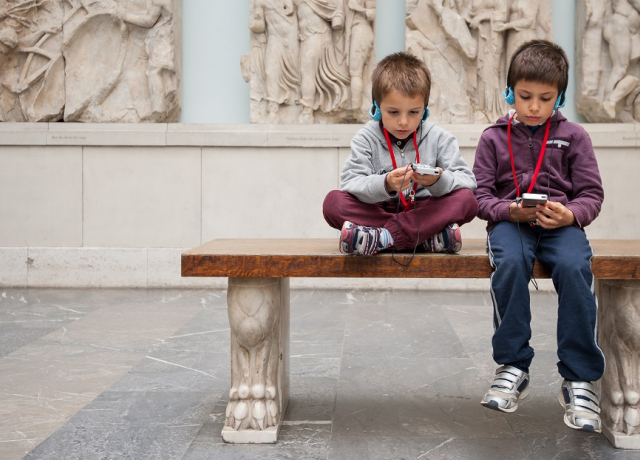European Agenda for Culture - Legacy of the European Year of Cultural Heritage
European Agenda for Culture - Legacy of the European Year of Cultural Heritage
The European Year of Cultural Heritage 2018 showcased the wealth and diversity of Europe’s cultural heritage, highlighting its role in driving economic and social development, and creating a shared sense of identity and building Europe’s future. The most significant legacy of the year lies in the construction of the European Framework for Action on Cultural Heritage, which aims to encourage innovation and help EU Member States design new models for cultural and creative sector development.
Around 60 actions towards promotion and protection of Europe’s cultural heritage are planned to be carried out throughout 2019 and 2020. The actions will help to keep the 2018 cultural legacy alive.
Honouring the constructive impact of culture on Europe’s societies, people, economy and international cooperation, the EU Commission adopted a New European Agenda for Culture in May 2018. The Agenda focuses on policy collaboration on culture through Work Plans for Culture adopted by the Council of Ministers.
Creative Europe, as one of the leading bodies promoting cultural dimensions of European heritage on behalf of the European Commission, together with its partners the Council of Europe and UNESCO, will implement several programmes and policies aimed at preserving and promoting Europe's cultural and creative sectors.
Key Principles and Priorities
As indicated by the 2019-22 Work Plan for Culture, the five priorities of the initiative for cultural heritage, including action plans are the following:
-
Cultural heritage for an inclusive Europe: participation and access for all
-
Cultural heritage for a sustainable Europe: smart solutions for a cohesive and sustainable future.
-
Cultural heritage for a resilient Europe: safeguarding endangered heritage
-
Cultural heritage for an innovative Europe: mobilising knowledge and research
-
Cultural heritage for stronger global partnerships: reinforcing international cooperation
The European Framework for Action on Cultural heritage will operate under the 4 main principles:
-
A holistic approach, looking at cultural heritage as a resource for the future and putting people at its heart;
-
Mainstreaming and integrated approach across different EU policies;
-
Evidence-based policy making, including thorough cultural statistics;
-
Multi-stakeholder cooperation, encouraging the dialogue and exchange among a wide range of actors when designing and implementing cultural heritage policies and programmes.
More information about the Framework is available here: http://bit.ly/EYCHAction.
A number of working groups, ad-hoc expert groups, thematic seminars and conferences formed under the Open Method of Coordination (OMC) will play a key role in the execution of the Work Plan and the principles outlined within it. International cultural cooperation and the adoption of new policies will forefront new features of cultural heritage and provide an opportunity for redefined cultural exploration and various modes of interpretation of diverse segments of European culture.
